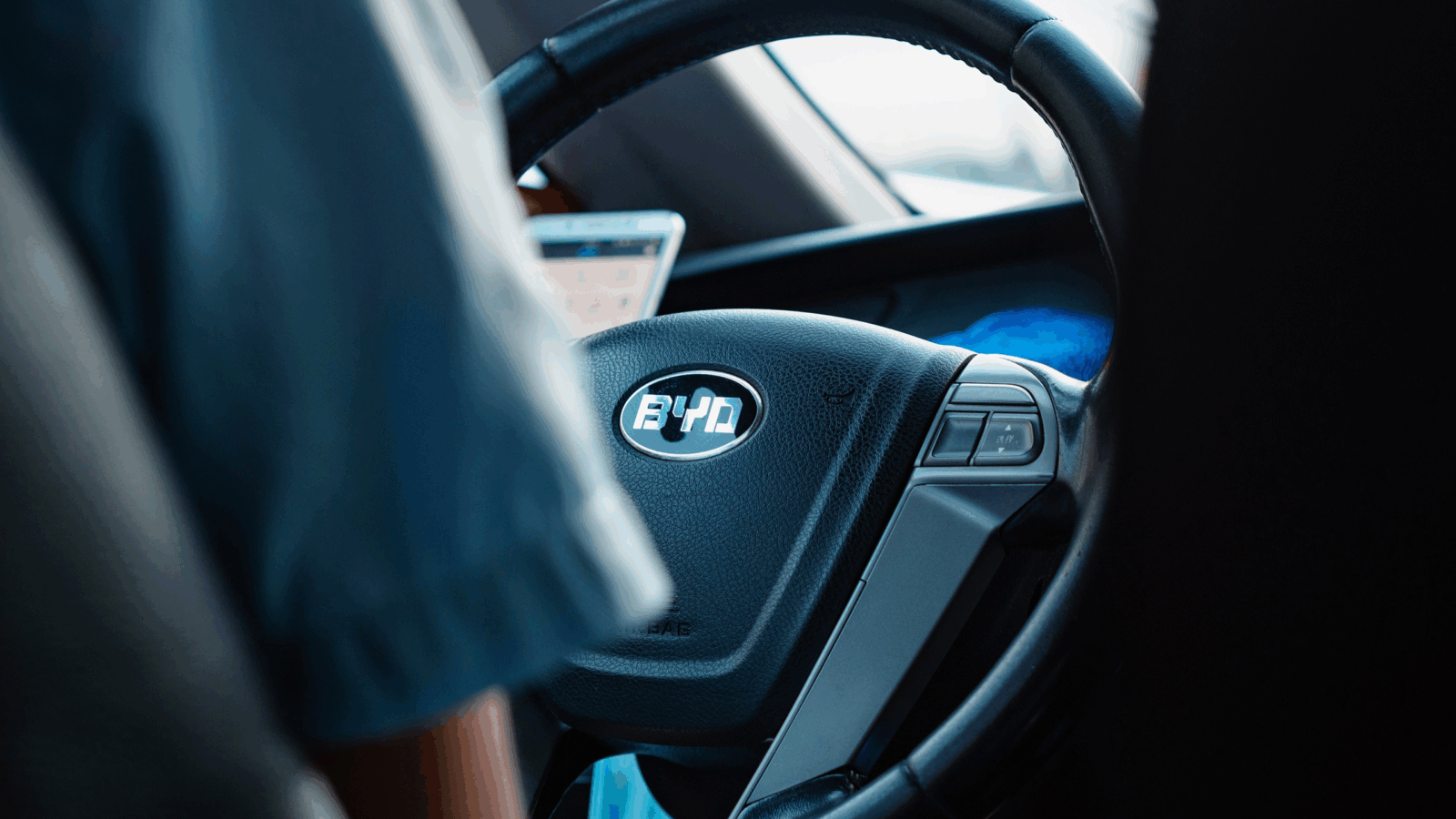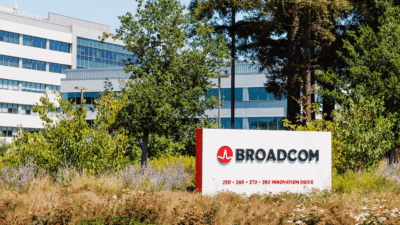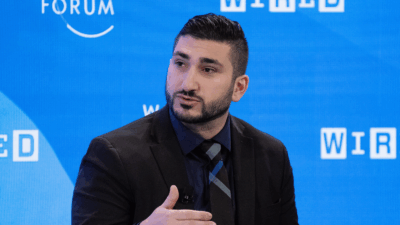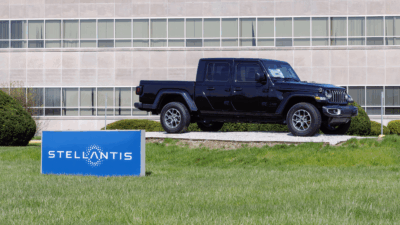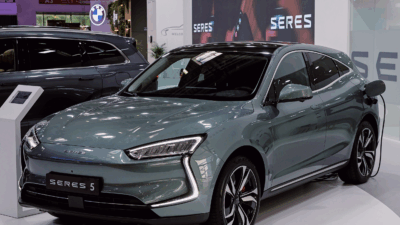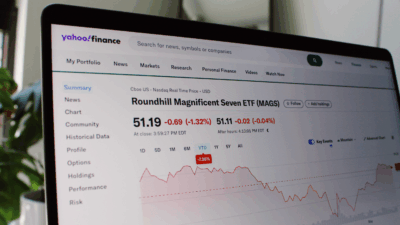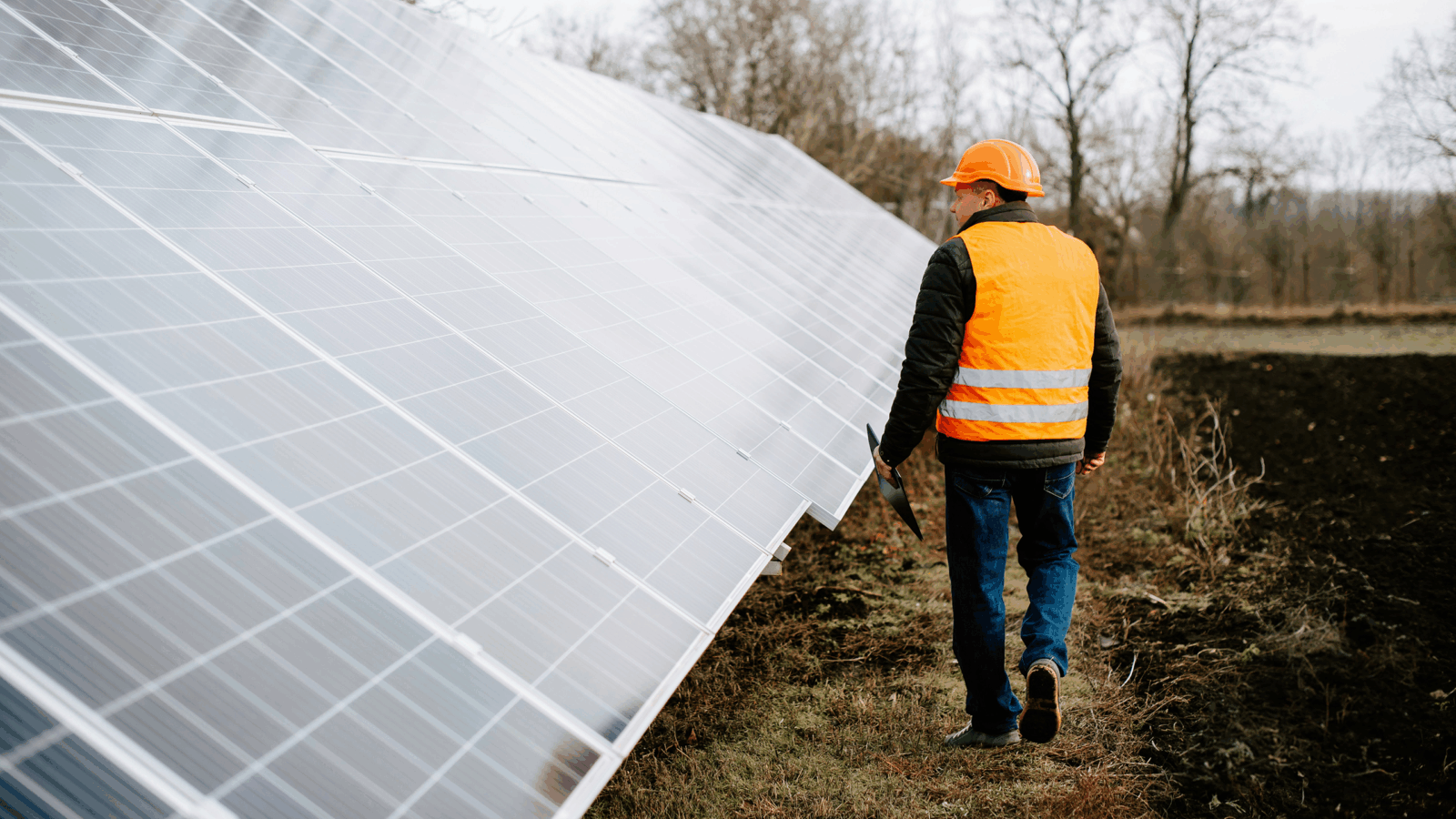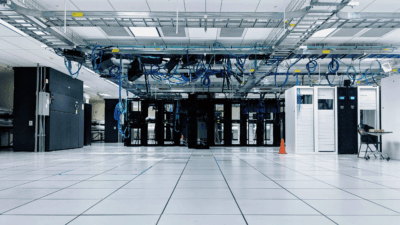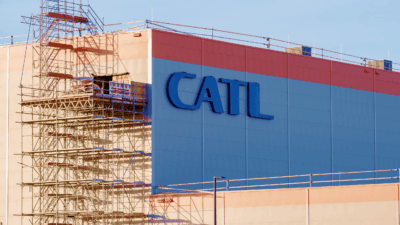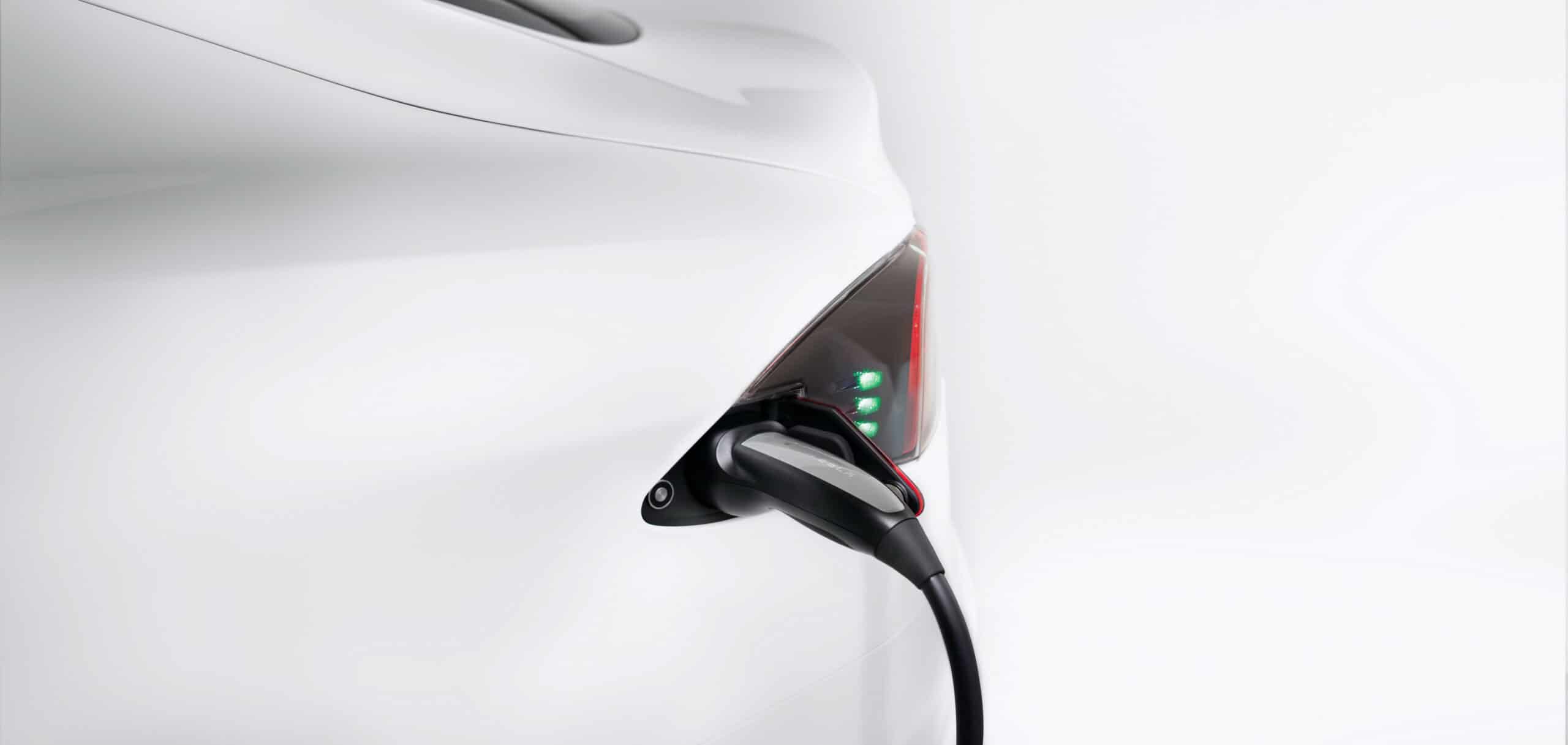
Sign up for smart news, insights, and analysis on the biggest financial stories of the day.
What supply chain problem? The crisis has slammed the brakes on the auto industry — but Tesla didn’t seem to get the memo.
On Saturday, Elon Musk’s electric carmaker said it delivered 241,300 cars worldwide in the latest quarter. It’s a record for the company that not only blew past analyst expectations, but also suggested that Tesla’s suffered little impact from the supply-chain nightmares that have stalled rivals. For all his annoying tweets, maybe Musk should let the numbers do the talking.
When the Chips Are Down
The global shortage of semiconductor chips has been straining the production of everything from microwaves to game consoles for more than a year now. But in the auto industry, things are only getting worse. In May, AlixPartners forecast that carmakers would produce 3.9 million fewer vehicles this year due to the dip in chips. But the outlook has only gotten gloomier, with a 7.7 million-car shortfall now projected, resulting in a $270 billion hit.
Numbers from Tesla’s rivals underscore just how impressive the EV giant’s latest delivery figures are:
- General Motors said Friday that it sold 446,997 vehicles in the US in the third quarter, down 33% from the same period last year. Stellantis, which used to be Fiat Chrysler, had an 18% drop in Stateside sales.
- The overwhelming majority of Tesla’s deliveries, 96%, were of the company’s newer Model 3 sedan and Model Y crossover. All told, the company shipped 64% more vehicles than during last year’s third quarter.
“Taking a step back, with the chip shortage a major overhang on the auto space and logistical issues globally, these delivery numbers were ‘eye popping’” wrote Wedbush Securities analysts Daniel Ives and John Katsingris in an investor’s note.
How They Did It: While many major automakers have temporarily closed plants because they can’t get enough of the specific semiconductors their cars need, Tesla’s engineers wrote new firmware that allowed them to sub in alternative chips, and thus source more from suppliers.
